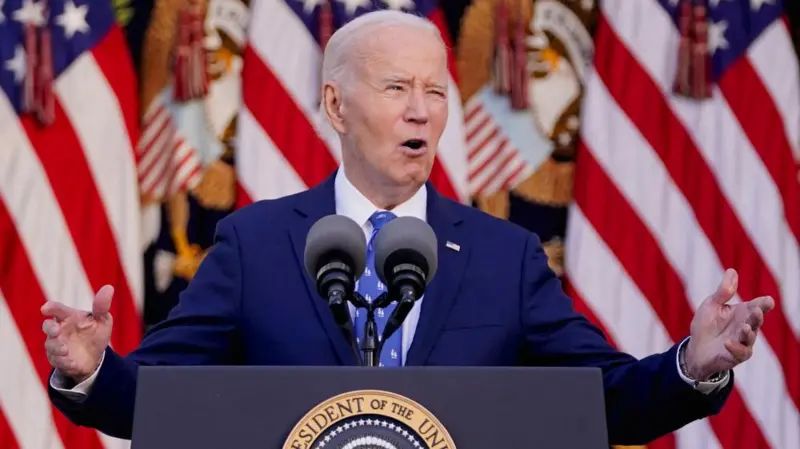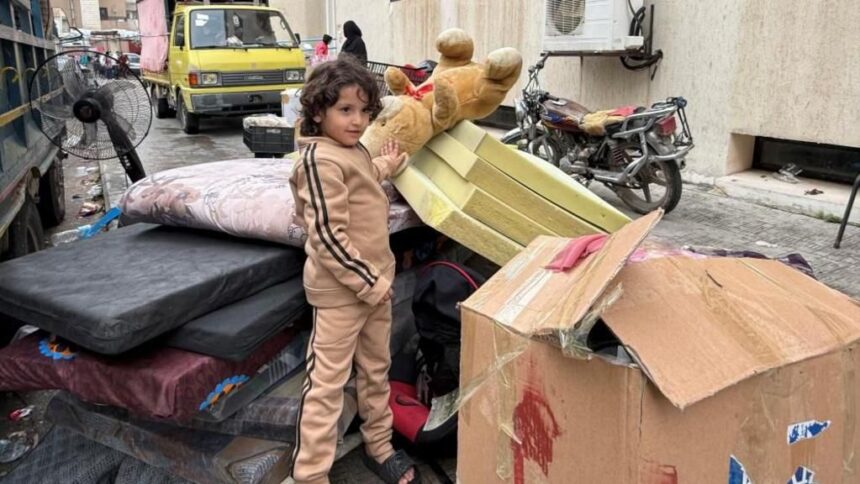By Nakiwala Barbra
A ceasefire between Israel and Hezbollah came into effect at 02:00 GMT on Wednesday, bringing an end to 13 months of intense fighting that devastated southern Lebanon and displaced tens of thousands of civilians.
The agreement, brokered with significant involvement from U.S. President Joe Biden, marks a pivotal moment in the region’s recent history, though challenges remain.
As news of the ceasefire spread, thousands of Lebanese civilians began making their way back to their homes in the south. Families, packed into cars laden with suitcases, mattresses, and other belongings, clogged the main highway from Beirut. Many return with cautious optimism, aware of the destruction left behind and the risks that still linger in some areas.
Israel, while upholding the ceasefire, has issued stark warnings, advising civilians not to return to certain areas due to potential dangers such as unexploded ordnance and infrastructure damage. Meanwhile, the Lebanese army is preparing to deploy an estimated 5,000 troops to the south, a critical component of the ceasefire deal aimed at stabilizing the region.
President Biden, who announced the deal, hailed it as a “vital step toward de-escalating violence and providing relief to the people of Lebanon.” He emphasized that the agreement would not only halt the fighting but also pave the way for rebuilding efforts and renewed dialogue.

“This ceasefire is not just about stopping the rockets—it’s about creating the conditions for a more durable peace,” Biden said during a press briefing at the White House. “The United States remains committed to supporting Lebanon as it rebuilds and ensuring Israel’s security against future threats.”
The ceasefire follows almost two months of Israeli ground operations in Lebanon, launched in response to nearly a year of rocket attacks from Hezbollah. The violence displaced tens of thousands and deepened the humanitarian crisis in Lebanon, already grappling with economic collapse.
Despite the truce, the situation remains fragile. The ceasefire does not directly affect Israel’s ongoing military operations in Gaza, where fighting continues. Analysts warn that any escalation in Gaza could have ripple effects, potentially destabilizing the fragile calm in Lebanon.
On the ground, the return of displaced families to southern Lebanon is a powerful yet bittersweet sight. Many are returning to destroyed homes, damaged infrastructure, and uncertain futures. A woman interviewed by the BBC’s Hugo Bachega described her mixed feelings: “I want to go back, but I don’t know what’s left of my home. I’m afraid of what I’ll find.”
As Lebanese army troops prepare to move south, their presence is seen as crucial to maintaining order and preventing a resurgence of violence. However, rebuilding trust and security in a region battered by years of conflict will require sustained international support and a long-term commitment from both Lebanese and Israeli leadership.
For now, the world watches cautiously, hoping this ceasefire marks the beginning of a new chapter—one of peace and rebuilding rather than destruction and despair.

